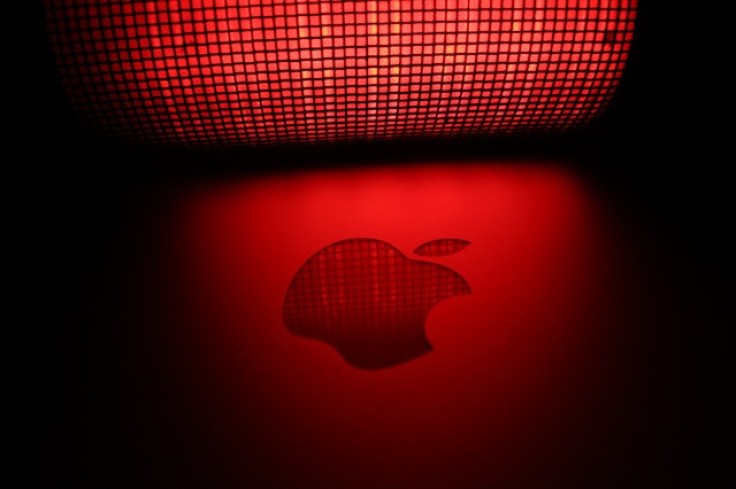
Apple "Sherlocking," a term known in the software developer community referring to the tech giant's practice of copying other apps, was one of the issues raised at the recent antitrust probe spearheaded by the United States Senate, as TechCrunch reported.
The U.S. Senate's antitrust hearing summoned representatives of Apple, as well as Internet giant Google, to investigate the internal policies that prohibit them from accessing and taking advantage of the data coming from third-party businesses operating on the Apple App Store and Google Play Store.
During his inquisition, Democratic Senator Richard Blumenthal questioned the representatives, namely Apple Chief Compliance Officer Kyle Andeer and Google Public Policy and Government Relations Senior Director Wilson White, if their companies have any "strict firewall" placed in between their app stores as part of their business policy.
Blumenthal clarified that the firewall he is referring to is an internal arrangement that disallows the sharing of data between third-party businesses present on the app stores and the host companies' representatives.
Andeer answered Blumenthal, stating that Apple has different teams assigned to App Store management and product development. The company representative added that controls are in place.
He also cited that many alternative apps on the App Store are more popular than those created by Apple. He insisted that Apple does not copy but simply offers options and innovations.
White, meanwhile, said that Google has data access regulations that handle how data coming from third-party services are employed.
The Google representative also clarified that prohibition is placed in between third-party services and the company's first-party services to prevent direct competition among them. He added that the tech giant has internal policies that regulate the matter.
Apple's "Sherlocking" Spree
According to an Apple Sherlock wiki entry, Sherlock was a search tool developed by the tech giant back in the early 2000s. During that time, Karelia Software, a third-party developer, also created an alternative tool named Watson.
Eventually, Apple had adopted the functionality of Watson after it became popular. Soon after that, Karelia discontinued Watson.
Software developers use the term "Sherlock" as Apple's strategy of copying an idea from another software company or an individual developer as a step to threaten, disrupt or ruin their business.
Apart from Watson, Karelia also stopped the development of Sandvox, a website building app, due to "sherlocking," developers claim.
Apple reportedly has a history of "sherlocking" apps, according to software developers. These include iPodderX, a podcast manager terminated in 2008; Konfabulator, eventually known as Yahoo! Widgets, discontinued in 2009; Growl, a Mac OS X notification app, last stable release in 2013; f.lux, a tool to reduce blue light for device screens, matched by Apple's Night Shift in 2015; and Duet Display and Luna, apps that create a secondary display on iPad, sideswiped by Apple Sidecar.
The AirTag, one of Apple's latest products unveiled at the Spring Loaded event this week, is also said to be a result of the tech giant's "sherlocking" spree. Tile, a US-based company that makes tracking devices for personal valuables, urged the U.S. Congress on Wednesday to look into the tech giant's business practices, SlashGear reported.









